The current energy crisis faced by UK households and businesses is driven by international prices and geopolitics, since Russia has now all but ceased exporting gas to Europe. This has led to an extreme rise in prices, creating not just a short term challenge for the winter, but for the longer term.
Why does this matter?
Households’ energy bills are now projected to pass £5000 annually for a typical household in January 2022. At a national level for households, this represents a rise from around £30bn spent in 2020 (pre-energy crisis) for home energy, to as much as £170bn in 2023, which is roughly 7% of GDP. This is an unmanageable and strenuous burden for most households, particularly those on low and median incomes. Interestingly, household energy costs are somewhat similar across the income distribution- the top 10% spend around only 30% more on energy than the bottom decile.
What is the Chancellor’s plan?
Kwasi Kwarteng announced that £60bn in the following 6 months from October onwards will be spent to reduce energy bills, in the form of a price freeze. In addition, he will permanently cut the basic rate of income tax from 20% to 19%. The highest rate of income tax (i.e., the £150,000+ threshold) previously at 45% will be abolished, instead replaced by one single higher rate of income tax of 40% from April 2023. These extremely regressive tax cuts will be worth ~ £30bn annually, equivalent to ~ 1.2% of GDP.
Why are the tax cuts likely to be ineffective?
The tax cuts are unlikely to boost productivity due to the currency markets, in which the sterling has already been weak – it fell 16% against the dollar in 2022. And interest rates are already high – the Bank of England’s Monetary Policy Committee voted last week to increase the base rate from 1.75% to 2.25%. Usually, high interest rates would make the pound more attractive for foreign capital, however, investors view sterling as riskier than other currencies: the dollar, euro and yen. This means imports are more expensive, worsening the Bank of England’s problem in combatting inflation, especially given the British economy’s dependence on trade. Annual inflation currently stands at 9.9%.
Reminiscing Reaganomics
In July 1981, President Ronald Reagan promised to “reduce the enormous burden of federal taxation on you and your family”, in wake of interest rates over 19% and high inflation. Reaganomics pursued tax cuts equating to ~3% of annual GDP, leading to a productivity boom. However, at the time, the dollar was strengthening (not weakening like the pound currently is), making imports cheaper.
Caution going ahead…
It is of key concern the fiscal sustainability of government borrowing on this current scale as has been announced, one on par with the 2008 Great Recession and the COVID-19 Crisis. Whilst it is clear that a large-scale fiscal intervention is needed, the major issue is the increased cost of government borrowing, a direct result of the Bank of England raising interest rates. That in itself is also partly a response to combat the inflationary pressure the tax cuts will create.
Analyst: Audrey Lim







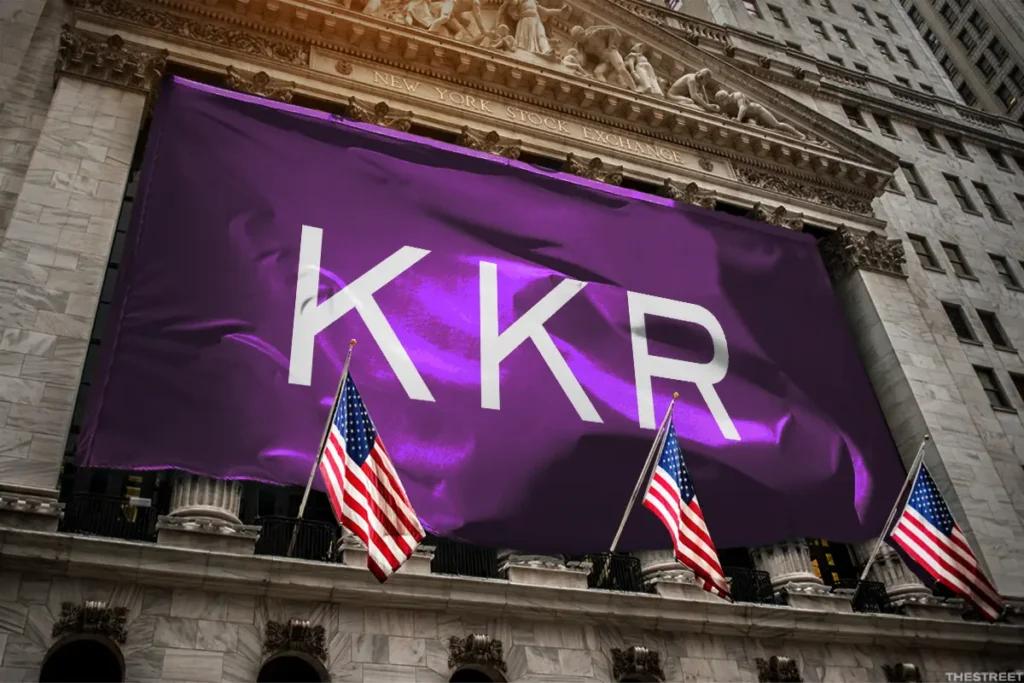


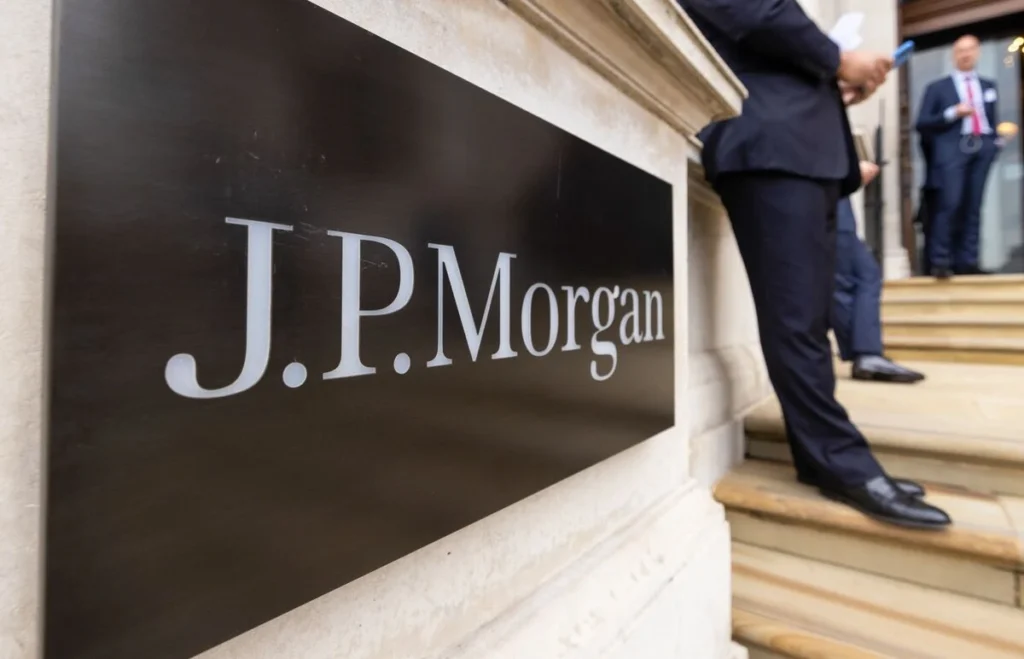








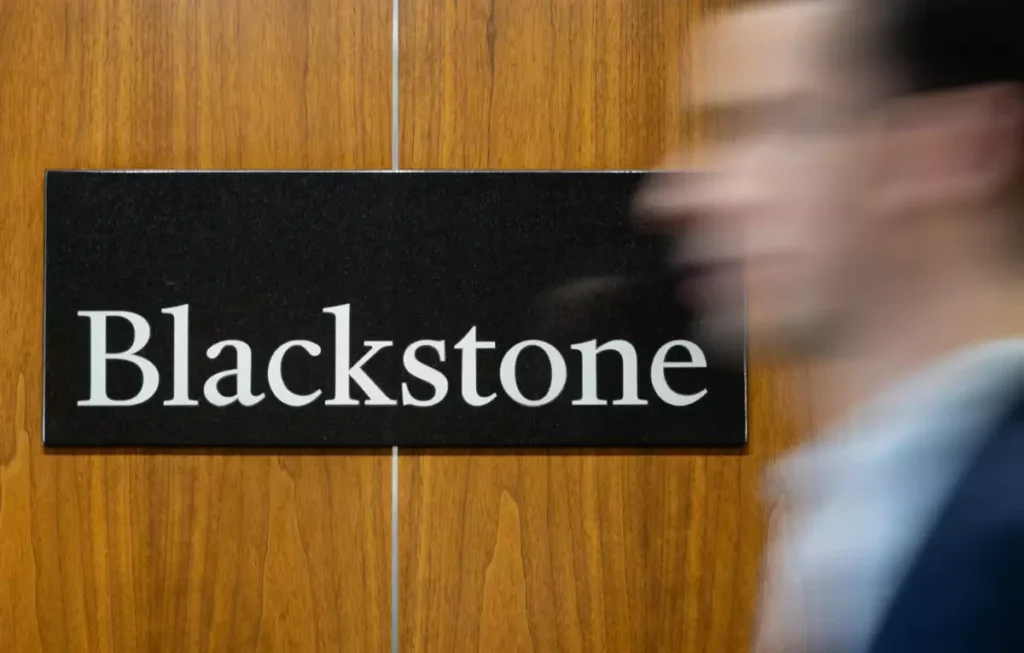

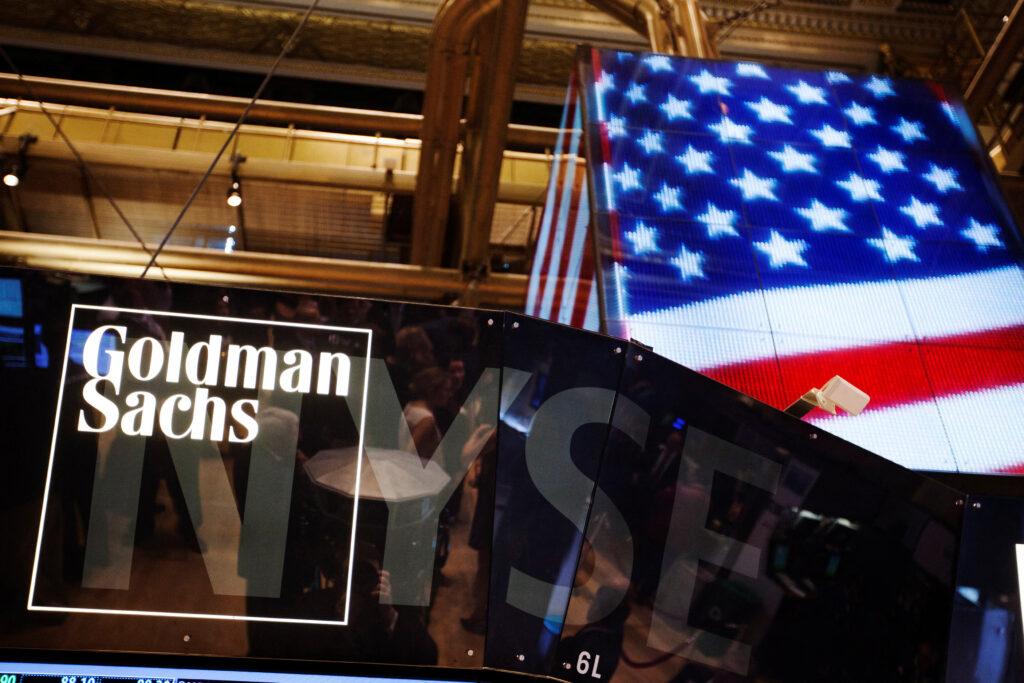
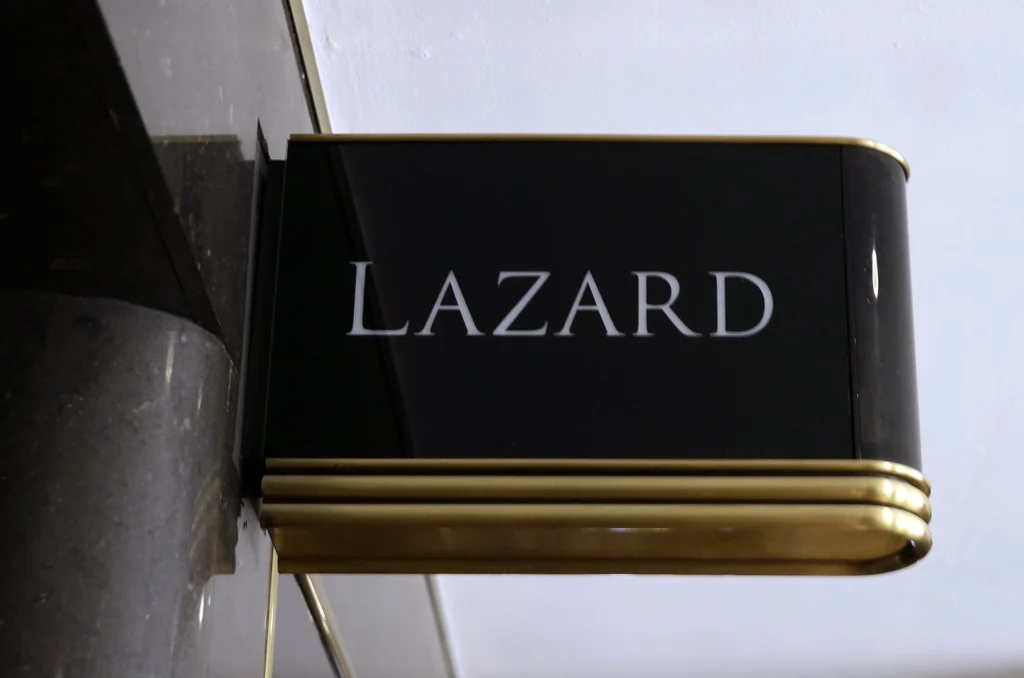






Continue with Facebook Continue with Google